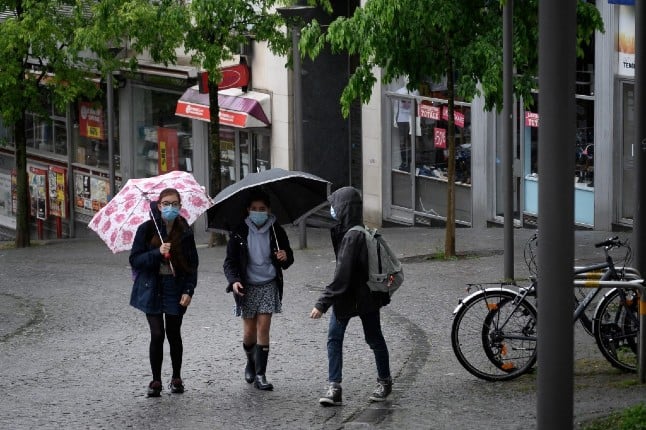*Nationwide* telecommunication data from SIM cards (aggregated & anonymized) predicts COVID-19 spread
?Analysis based on ~1.5 bn trips from Switzerland
?Mobility in March dropped by 49.1%
?1% lower mobility ➡️ 0.88-1.11% reduction in daily caseshttps://t.co/8hYRgDRnyE— Stefan Feuerriegel (@stfeuerriegel) January 8, 2021
- Why are primary school students in Switzerland not required to wear masks?
- Why are some parents in Switzerland ‘outraged’ about mask requirement in schools?
- New Swiss studies cast doubts on theory children don't spread Covid-19



 Please whitelist us to continue reading.
Please whitelist us to continue reading.
Member comments